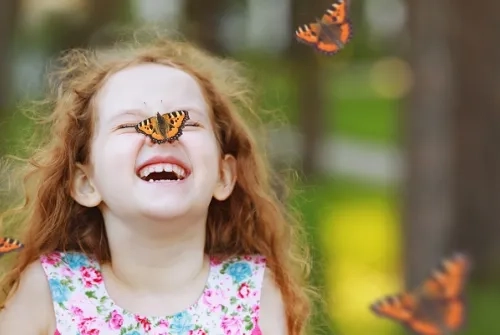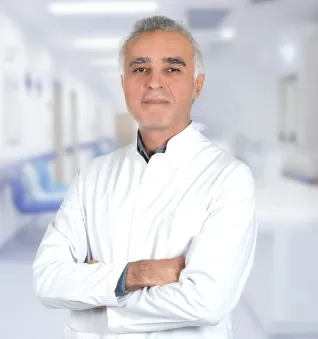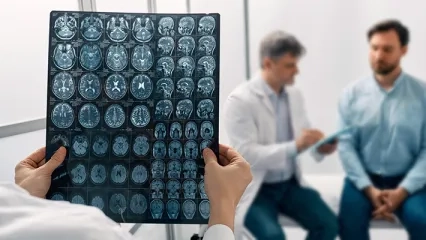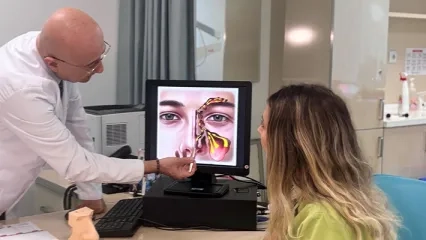Alo Yeditepe
Alo Yeditepe
Child and Adolescent Psychiatry
The ever-evolving and changing physical or mental natures of children require a unique psychiatric observation and evaluation that goes beyond the definition of mental health applicable to adults.
A child is not a miniature of an adult. They experience differentiating processes on the way to becoming a physically and spiritually mature adult. For example, a two-year-old is very different from a four-year-old in terms of mental development, and a four-year-old is distinguished from a school-age child by important characteristics.
In order to evaluate a child's mental health in a proper way, the mental structures corresponding to the developmental periods, the current family system, environmental factors, and the dynamic interactions between them should be examined in detail. The determination of the stage of spiritual development in which the child and the adolescent are involved positively affects the parenting approaches of the parents and makes the possible conflict in the relationships manageable. Yeditepe University Hospitals Department of Child and Adolescent Psychiatry successfully implements evaluation, follow-up, and treatment programs.
Some of the common mental problems can be grouped under the following headings:
● Attention Deficit Hyperactivity Disorder
● Learning disorders,
● Autism and similar common developmental disorders,
● Childhood and adolescent depression and anxiety disorders,
● Food and sleep problems in infancy and preschool period,
● Mother-infant-child relationships and problems,
● Urine and stool habit problems,
● Tick disorders,
● Speech and language development problems,
● Childhood masturbation,
● Jealousy of siblings,
● Compliance and behavior problems,
● Finger-sucking, nail-biting,
● Mental retardation and related behavioral problems,
● Puberty problems and parent-adolescent conflicts,
● Children and adolescents prone to violence,
● Mental problems experienced by children, adolescents, and their families with chronic diseases.
The ever-evolving and changing physical or mental natures of children require a unique psychiatric observation and evaluation that goes beyond the definition of mental health applicable to adults.
A child is not a miniature of an adult. They experience differentiating processes on the way to becoming a physically and spiritually mature adult. For example, a two-year-old is very different from a four-year-old in terms of mental development, and a four-year-old is distinguished from a school-age child by important characteristics.
In order to evaluate a child's mental health in a proper way, the mental structures corresponding to the developmental periods, the current family system, environmental factors, and the dynamic interactions between them should be examined in detail. The determination of the stage of spiritual development in which the child and the adolescent are involved positively affects the parenting approaches of the parents and makes the possible conflict in the relationships manageable. Yeditepe University Hospitals Department of Child and Adolescent Psychiatry successfully implements evaluation, follow-up, and treatment programs.
Some of the common mental problems can be grouped under the following headings:
* Attention deficit hyperactivity disorder,
* Learning disorders,
* Autism and similar common developmental disorders,
* Childhood and adolescent depression and anxiety disorders,
* Food and sleep problems in infancy and preschool period,
* Mother-infant-child relationships and problems,
* Urine and stool habit problems,
* Tick disorders,
* Speech and language development problems,
* Childhood masturbation,
* Jealousy of siblings,
* Compliance and behavior problems,
* Finger-sucking, nail-biting,
* Mental retardation and related behavioral problems,
* Puberty problems and parent-adolescent conflicts,
* Children and adolescents prone to violence,
* Mental problems experienced by children, adolescents, and their families with chronic diseases.
”
See Also
- What is Autism Spectrum Disorder?
- The Father-Child Relationship Reflects on Personality Traits
- Puberty
- What Causes Sleep Problems in Babies?
- Experts Warn Students Before the Exam!
- Tips for Choosing a Babysitter
- Has Your Child Adapted to School?
- Let the Bonding Between Mother And Child Not Be Sacrificed for Success!
- How Do You Approach a Child Who Is Reluctant to Go to School?
- The Biggest Question for Working Mothers: Who Will Take Care of My Child?
- Time to Learn Responsibilities
- Toy Guide for Your Baby
- The Problem may be the Lack of Self-Confidence!
- Do Not Be Overly Anxious and Panicky with Children
- Music Therapy
- What is Specific Learning Disability?
- What is a Mental Disability?
- What is Attention Deficit and Hyperactivity Disorder?
- Developmental Disorders in Children
- What is Autism?
- What is Language and Speech Disorders?
Alo Yeditepe








